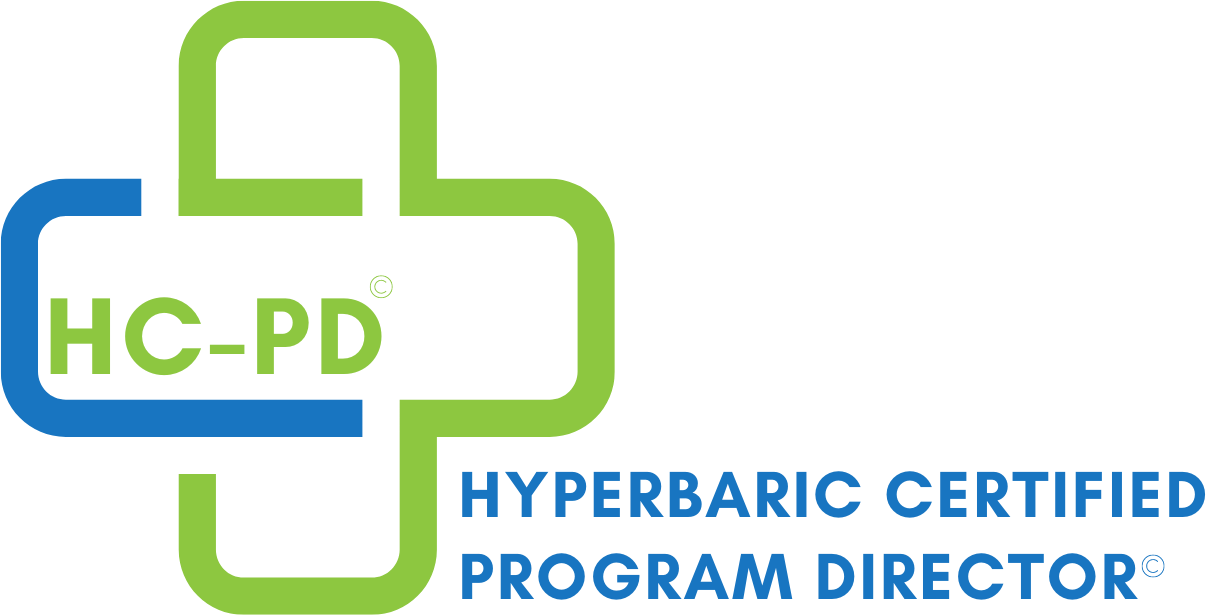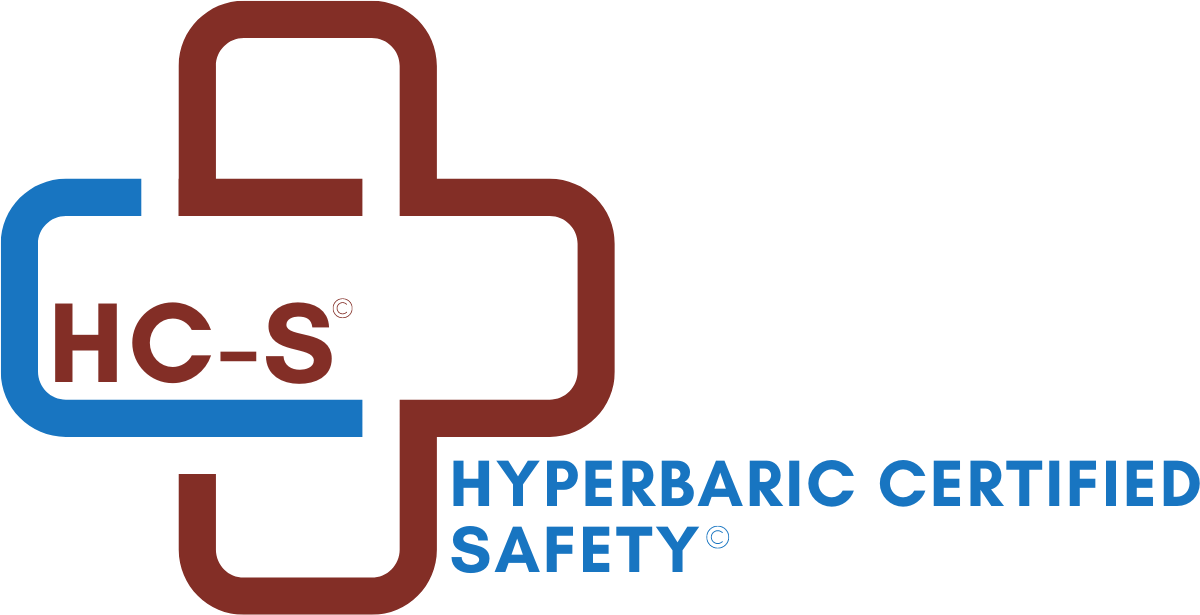Rx Pad
QI Part 1: Basic Principles of Quality Improvement
The concepts of quality improvement (QI) and performance improvement (PI) in healthcare are not new and have been around in some form for many years. Implementing best practices and establishing quality and safety standards ensures that a hyperbaric department attains a high level of safe patient care.
7 Basic Principles of Quality Improvement regarding Hyperbaric Facility Safety
It is imperative not to underestimate the human factor
Any improvement takes time to implement and to gain acceptance, in addition to stabilizing it as accepted practice. Once the staff has decided that a practice or process is worthy, the chances of successfully implementing it increase substantially.Often real change works best when a crisis happens and changes must be made and implemented quickly for patient and staff safety.
Meet or exceed the expectations of your patients and staff members
Hyperbaric medicine units depend on patients (customers). Staff members need to understand current and future customer needs and plan to meet these needs. Any orga-nization with this as the primary goal will have more success.
It is critically important to practice Quality Improvement in the hyperbaric setting.
Develop and maintain strong leadership
Leaders of an organization establish direction and unity of purpose. An environment needs to be created and maintained where staff and patients are fully involved.
Encourage involvement of people in the organization
It is essential that people of all levels of an organization buy into the goals and objectives of the organization. Complete involvement enables the organization to use their abilities and talents for its benefit.
Choose a workable quality improvement method
Developing the right metrics, which are valid, reliable, feasible, meaningful, and action oriented is critical to the success of a QI program. Choosing a QI process which is time-consuming, irritating to physicians and staff, inconvenient, too involved, and wasteful will most certainly fall short and possibly fail. Become familiar with several processes and decide on one that meets needs of the unit, hospital, management, and leadership.
Performance and quality do not exist in the absence of measurement
These concepts are embedded in the idea of evaluation or assessment, which can take the form of a patient’s subjective view of services rendered or an intricately constructed model. Measurement gives tools to focus on effective improvement rather than wasting time on ineffective measures.
Utilize The Joint Commission’s (TJC) National Patient Safety Goals (NPSG)
This set of standards provides an in-depth look at preventing life or limb-threatening problems or potential injury. The goals are updated and revised annually and are extracted from sentinel alerts and events. The NPSGs will help direct the unit to safe practices
What does it take to develop and implement a strong QI program? Read QI Part 2 HERE
Learn More
Source Reference: Excerpted from Hyperbaric Facility Safety: A Practical Guide, Second Edition with permission from the publisher. Reference Chapter 6.9 by Tina Ziemba-Diehl, RN, ACHRN, CHT
Online Education: Earn continuing education credits in wound care and hyperbaric medicine with online, on-demand courses. Find your course HERE
Basic Training in Hyperbaric Medicine: Take the UHMS and NBDHMT approved 40-hour Introduction to Hyperbaric Medicine to learn the key fundamental elements and concepts in practicing hyperbaric medicine safely and effectively. Find your course today! Upcoming Livestream Courses
Hyperbaric Safety Director Training: Take steps to improve your knowledge and understanding of hyperbaric safety with the UHMS and NBDHMT approved 16-hour Introduction to the Role of Hyperbaric Safety Director to review hyperbaric safety and emergency procedure development for your facility.
When you subscribe to the blog, we will send you an e-mail when there are new updates on the site so you wouldn't miss them.



Comments